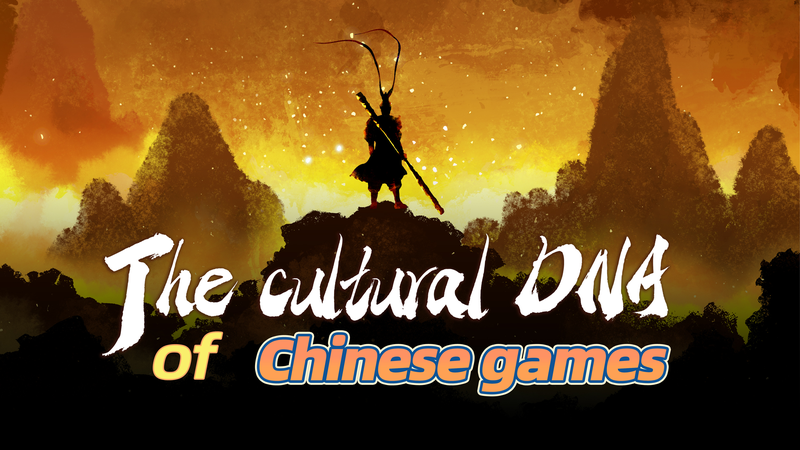When "Black Myth: Wukong" topped global charts in 2024 with 20 million copies sold and rave reviews, it did more than break sales records—it signaled a digital renaissance for the cultural identity woven into Chinese games.
Ancient Roots, Modern Contradictions
Chinese gaming culture is underpinned by philosophical traditions often overlooked. Confucian thought once framed the Six Arts – ritual, music, archery, charioteering, calligraphy and mathematics – as essential for cultivating virtue. Yet a lingering "junzi don't play" attitude marginalized gaming as frivolous compared to more serious pursuits, reflecting a tension between collective benefit and individual enjoyment.
Philosophy in Play
Beyond Confucianism, other schools of thought enrich Chinese game design. Zhuangzi's concept of xiaoyao you, a carefree state of being, mirrors open-world exploration. In Buddhist thought, youxi shentong, or playful supernatural powers, treats play as a path to enlightenment. Zen's paradoxes and unexpected methods resemble modern puzzle-solving mechanics. These threads of philosophy reveal a vibrant gaming DNA waiting to be reclaimed.
The Yin-Yang of Play
The Chinese language itself blends "play" and "game" into youxi, capturing both movement and performance in one term. This unity contrasts with English's separate definitions and underscores a fluid, dialectical approach where action and structure coexist. It's a yin-yang framework of play that Chinese game developers are weaving into next-gen experiences.
As Chinese games continue to blend ancient wisdom with modern mechanics, they're crafting new narratives that resonate globally—inviting players everywhere to explore a digital world rooted in centuries-old ideas.
Reference(s):
cgtn.com




